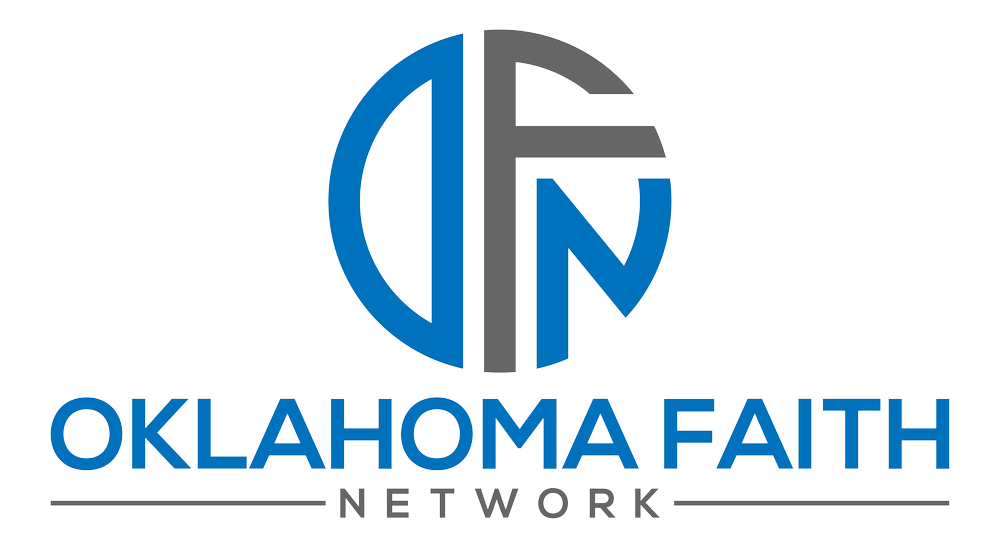Check out the latest with OCC in the January newsletter here.
Faith + Holidays Panel
The OCC Religions United Committee hosted this great panel leading up the holiday season for many faith traditions. Our guests had a wonderful conversation about their tradition’s holiday season and rituals, and what it’s like to be from a minority faith tradition during a majority faith season.
December CONNECT Newsletter
Get the latest edition of the OCC CONNECT newsletter here.
OCC Executive Director responds to Day of Fasting and Prayer
One of the most beloved and quoted biblical stories in the Christian tradition is that of the Good Samaritan. It is a parabolic response to the question “who is my neighbor,” which is posed to Jesus in an attempt to argue with him about loving our neighbors. Throughout this pandemic, many have also made attempts at arguing this point. Who is our neighbor, and how should we care for them? On this day of prescribed prayer and fasting, set forth by our Governor, I take us back to that dangerous road in Jericho, where an unidentifiable man laid on the side of the road unconscious and badly hurt.
The story tells us a priest and a Levite came across this man and made the decision to walk by him without assistance. A priest and a Levite, two holy men, prescribed to serve God and practice holiness in all their ways. A priest and a Levite, men who would love prescribed prayer and fasting by governing authorities. Prayer and fasting would be just enough for them to seem active and involved in the world, but fall just shy of action and works. Just shy of dirtying their hands with things that may be “unclean” or controversial. Just shy of life-saving.
It ends up taking a Samaritan to take care of this unidentifiable man. A Samaritan. A man who was the sworn enemy of the man in the ditch. A man who does not claim holiness and Godliness in his steps and existence. A man who made a wholly different decision on that road, resulting in life-saving and life-changing results.
To quote Dr. Martin Luther King, Jr., “I imagine that the first question the priest and the Levite asked was: ‘If I stop to help this man, what will happen to me?’ Then the good Samaritan came by, and by the very nature of his concern, reversed the question: ‘If I do not stop to help this man, what will happen to him?’”
If we do not stop to help, what will happen to them? This is the crux of loving our neighbors, this fundamental reverse in thinking from “what will happen to ME” to “what will happen to THEM.”
Today, on this prescribed day of prayer and fasting, set forth upon us by our governing authorities, with no concern for religious practice, or lack thereof, I ask our leaders to reflect on this fundamental question. Prayer and fasting is lovely, if that’s your tradition; but a failure to actually make the move to lift the man from the ditch is a prayer gone unanswered. Perhaps the priest and the Levite uttered a prayer for the man as they continued on their way, content that it was sufficient; it wasn’t.
Governor Stitt, prayer should be accompanied by a willingness to act, and fasting should happen with an intention to change. Issue a statewide mask mandate. Show up for your neighbors on a dangerous road. Pray about what will happen to us if you don’t, not what will happen to you. Be brave, and show all of Oklahoma that your moves toward a show of holiness are not hollow words on a proclamation. Issue the mandate. This is our most fervent prayer.
